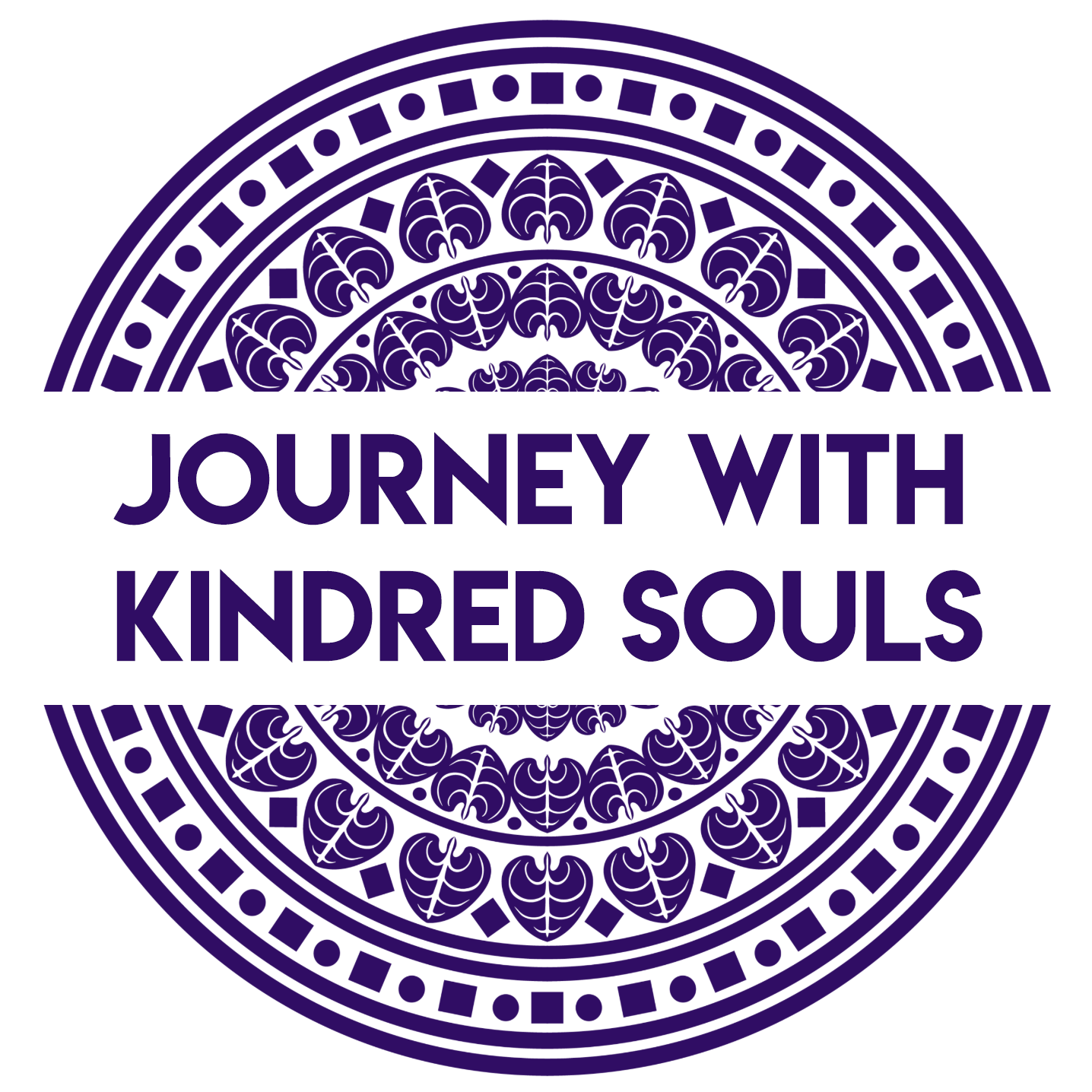
Imagine a psychotherapy practice in which you can attune to your client’s subtle energy and guide them in a healing journey for their mind, body AND spirit.
This course combines the ancient wisdom of our Chakra system with modern psychology. Learn how to conceptualize cases through chakra development for a holistic approach to treatment as well as self care for yourself as the therapist.
Background
As attention towards a holistic approach incorporating the mind body spirit has become more prominent in psychotherapy practices across the world, interest in Energy Psychology and the Chakra System has also grown. The Chakra system originated within the ancient yoga system of India. Chakras (Sanskrit for “wheel” or “disc”) are energy centers that are thought to be responsible for processing life force energy connecting the mind, body and spirit so that we can function in a healthy and meaningful way. The major Chakras run along our spine from our pelvic bone to our crown and each one has a particular function in relation to our physical, psychological, social, emotional and spiritual development.
What Is Chakra theory?
Chakra theory suggests that the development of our Chakras is dependent on our life experiences and programming from birth through our developmental years. The ideal system is balanced and allows energy to flow freely between the mind, body and spirit. As human beings who undergo adversity throughout our lifecycle however, our chakras can be overdeveloped, underdeveloped, unbalanced or blocked causing distress and disease.

Our Subconscious
Most of this information lives in our subconscious and is not easily accessible through typical cognitive based exploration thus must include a more holistic approach that engages somatic and energy work as well.
This course will provide you with a structure through which you can begin to conceptualize client needs based on Chakra development with concrete cognitive, somatic and energy interventions for assisting in the balancing of the Chakras in a systematic way.
Course Format
8 Monthly 2 hour *live virtual sessions during which we will:
- discuss readings on each chakra
- share case presentations as appropriate
- review interventions that correspond to each chakra
- practice interventions in dyads or small groups
Conversation, accountability checks and support will be available through the on-line learning platform in-between live classes
A workbook that will guide you through each chakra, interventions and self care
*Live sessions will be recorded and posted in the learning platform if you are unable to make one live. Note: CEUs for each session will only be given if you attend the session live
Course Objectives
- Understand and describe the Chakra System and the holistic psychosocial function of each of the 7 major Chakras
- Examine and conceptualize social, emotional and psychological development based on Chakra Theory
- Identify imbalances in the Chakra System based on presenting problems, symptoms and patterns of behavior
- Apply 1-3 interventions for use in addressing psychosocial imbalances manifesting in each of the 7 major Chakras
- Identify 3-5 ethical considerations in the use of holistic and energy practices in psychotherapy
Dates
Each class runs from 9:30am-11:30am EDT/EST
- 10/6/23 Introduction to Chakra Theory
- 11/3/23 Root Chakra
- 12/8/23 Sacral Chakra
- 1/5/24 Solar Plexus Chakra
- 2/9/24 Heart Chakra
- 3/8/24 Throat Chakra
- 4/12/24 Third Eye Chakra
- 5/10/24 Crown Chakra
Our main text will be Judith, Anodea. Eastern Body Western Mind, Psychology and the Chakra System as a Path to Self Revised. New York. 2004
Approved Continuing Education Credits
FOR PENNSYLVANIA SOCIAL WORKERS, MARRIAGE AND FAMILY THERAPISTS, AND PROFESSIONAL COUNSELORS: This program is approved for 16 CE credits for professional workshops sponsored by the Pennsylvania Society for Clinical Social Work, a state affiliate of the Clinical Social Work Association listed in Section 47.36 of Title 49, Chapter 47 of the PA Code, State Board of Social Work Examiners.
This program is also approved for 16 CE credits for professional workshops for marriage & family therapists (Section 48.36) and professional counselors (Section 49.36).
FOR NEW JERSEY SOCIAL WORKERS: This program is approved for 16 credits. Attendance at programs or courses given at state and national social work association conferences, where the criteria for membership is an academic degree in social work, are a valid source of continuing education credit (N.J.A.C. 13:44G- 6.4(c)4).
Investment
- 8 two hour live workshops
- A community of support
- Workbook and Journal prompts
- Life changing understanding of our subtle energy system and how to map it into your psychotherapy practice
- 16 CEUs (depending on what State you are in)
Total Cost:
- Paid in Full: $397.00 or
- 4 Installments of $100 each
